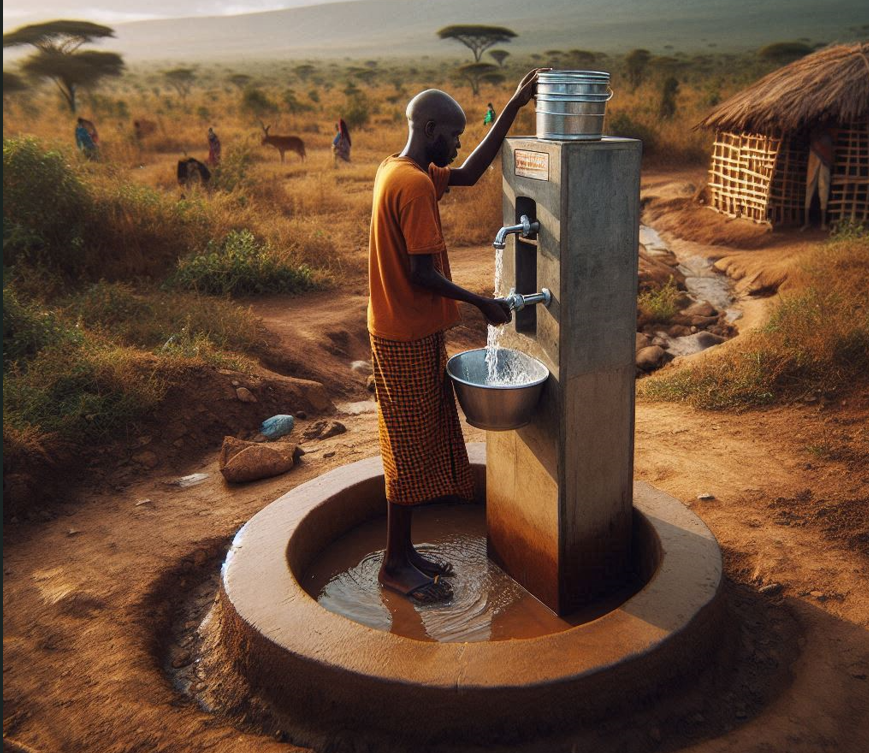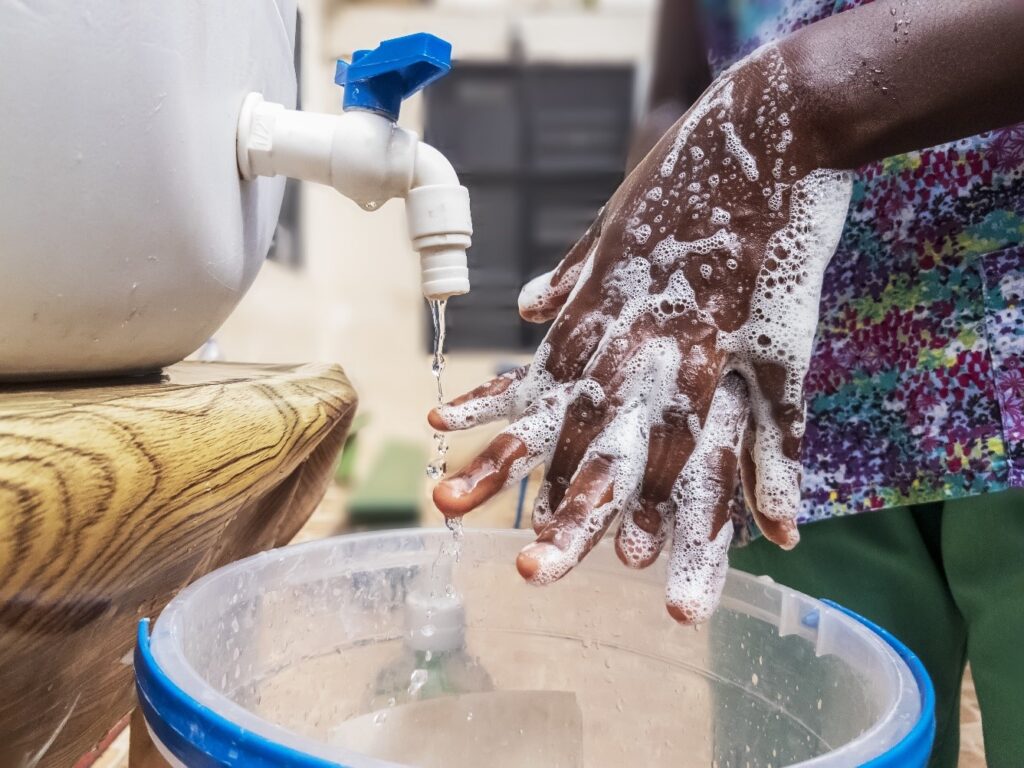The Water Sanitation and Hygiene (WASH) Project which was being implemented in East Africa by several partners has been completed successful.
A statement issued recently said the project has reached over fine million people especially those living in border communities.
The project was being implemented jointly by the East African Community (EAC), International Organization for Migration (IOM) and the German Agency for International Cooperation (GIZ).
The project, which cost $2.5 million (Sh6.75 trillion), started in 2021 according to the statement and was aimed at strengthening the capacity of EAC Partner States to prevent and control the spread of COVID-19 and other infectious diseases using hygiene measures, risk communication and community sensitisation.
The three-year project has achieved remarkable milestones, including the installation and renovation of 43 fixed handwashing facilities at the Points of Entry and border hotspots of all seven partner states, namely Burundi, Democratic Republic of the Congo (DRC), Kenya, Rwanda, South Sudan, Uganda and the United Republic of Tanzania.
The statement affirmed that the project has reached over five million individuals living in border communities across the region encouraging protective health and hygiene behaviours to prevent the spread of zoonotic and water-borne infectious diseases, including COVID-19 and Ebola.
Speaking during the closing ceremony at Rubavu district in Rwanda late last month, the EAC Deputy Secretary General, in charge of Infrastructure, Productive, Social and Political Sectors, Andrea Aguer Ariik, said that proper health and hygiene facilities and services at the border points is a critical factor in the two integration pillars of Customs Union and Common market as has been demonstrated by the effective management of COVID-19 and other communicable diseases such as Ebola.

Ariik, who represented EAC Secretary General Veronica Nduva, disclosed that hand wash facilities installed in the Partner States have been well received, adding that they perform a vital role in ensuring that health and hygiene are maintained at the border points.
The DSG commended the IOM and GIZ FOR supporting the Water, Sanitation and Hygiene (WASH) project.
“I urge Partner States to promote use of the facilities that have been installed and put in place measures of support such as provision of clean water at the points of entry and the authorities to ensure appropriate regular maintenance,’’ he said.
He revealed that apart from the construction of the facilities, the project also conducted awareness programmes to the communities living at the borders on the importance of hygiene and health practices in helping to curb the spread of infectious and zoonotic diseases, including COVID-19, MPox and Ebola.
On her part, the German Ambassador to Rwanda, Heike Uta Dettmann, said the project underscores Germany’s unwavering commitment to ensuring inclusive development and health equity at the border communities.
“Over the past three years, we have witnessed remarkable progress of the 43 high-standard handwashing facilities have been installed at points of entry and border hotspots across all EAC partner states, significantly enhancing access to essential hygiene practices,” said Amb. Dettmann.
Mr. Ash Carl, the IOM Rwanda Chief of Mission, said the free movement of people including across borders and within countries, is one vehicle through which diseases spread.
“With human mobility expected to increase as the factors that cause people to migrate multiply, it’s critical to support better health outcomes, by strengthening border officials’ capacities, conducting hygiene awareness campaigns, and enhancing border health screening and referral systems,” said Mr. Carl.
During the ceremony, the EAC handed over two new hand washing stations to the Governor of Rubavu on behalf of the Rwandan Government and highlighted the critical linkages between human mobility and health, emphasising the importance of robust WASH infrastructure in preventing the spread of diseases.



Thank you for sharing this insightful post! Your writing is clear, informative, and engaging. I appreciate how you’ve broken down complex concepts into easily digestible parts. It’s evident that you have a deep understanding of the topic, and your tips are practical and actionable. I particularly liked the way you addressed [specific point from the article], as it resonated with my own experiences. This kind of content is invaluable for readers looking to expand their knowledge and apply new strategies effectively. Looking forward to reading more from you. Keep up the excellent work!